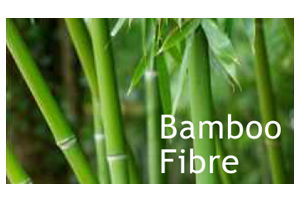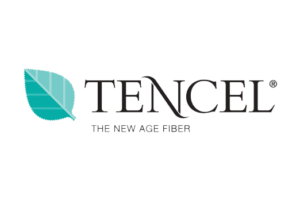Different Fabrics Qualities
- 100% Hemp Fabrics
- Hemp Bemberg Fabrics
- Bamboo Cotton Fabrics
- Sustainable Cotton Fabrics
Different Fabric Finishes
- UV Protection Fabrics
- Fabrics with Good Wicking Quality
- Antibacterial Fabrics
Various Fibres and yarn used - Brands
Natural bamboo fiber textile is extracted directly from bamboo culms and doesn't contain any chemical additives. It also possesses unique antibacterial, deodorant, coloration, elasticity, drapability, and wearability characteristics. This makes Bamboo fibre suitable to make high-count yarns, which are used to weave high-end light fabrics.
The fabrics produced with this bamboo fibre are shape-stable, undeformable, and machine-washed. It is also used for home and industrial textiles for its breathability, permeability, high strength, easy fibrillation, and other qualities.
Lenzing Modal is 100% natural and produced from indigenous beech wood. The Lenzing Modal production process is unique as the pulp used during the production is made by Lenzing itself. This allows them to control the entire process.
Hence, they can ensure environmental competence by guaranteeing the best use of energy and attaining the highest recovery rates. What’s more, the fiber is extremely soft, which makes for an ideal choice for soft, smooth, figure-hugging textiles.
Tencel fabric is a highly impressive eco-friendly fabric that is used in the production of environmentally sustainable textiles. It is also referred to as lyocell and is made with wood pulp from sustainable tree farms. Textiles made from tencel are created using nanotechnology in a process that recovers or decomposes any solvents or emissions.
It offers a wide range of benefits. For example, it is fully biodegradable, great for vibrant coloured fabrics, moisture absorbent, antibacterial, durable, soft, breathable, lightweight, and highly versatile.
Cotton
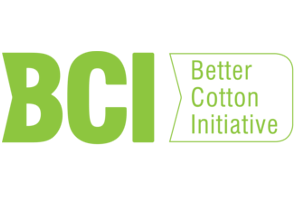
Better Cotton Initiative or BCI aims to transform the production of cotton all over the world and establish cotton as a sustainable mainstream commodity. This initiative also makes cotton production better for producers as well as the environment and the sector’s future.
It focuses on the successful mass-market adoption which can lead to lucrative benefits for the growers in terms of monetary gains. It would also reduce the negative impacts of water and pesticide use on the environment and human health.
Product Range
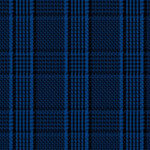
The Woolens Collection

The White Collections

Yarn Dyed Checks

Yarn Dyed Stripes
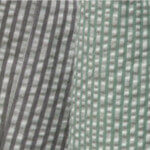
Seer Suckers
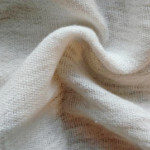
Linens
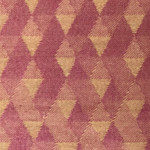
Jacquards

Dobbies

